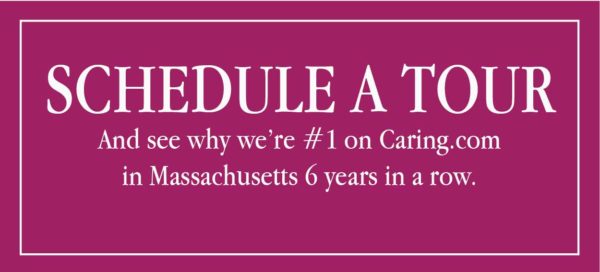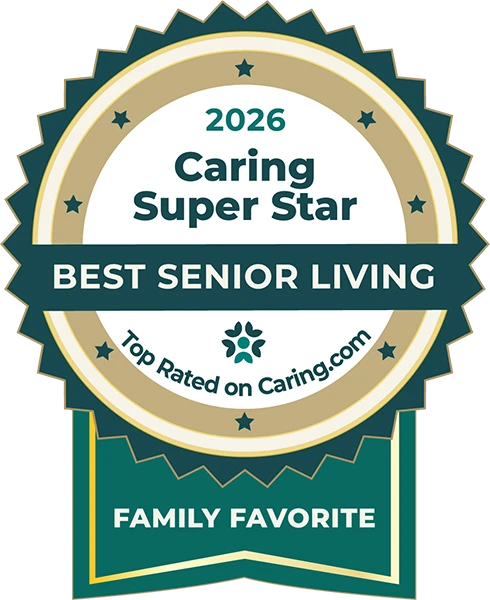
As the population ages, the need for healthcare protocols that address the unique needs of older adults becomes increasingly important. One such approach gaining traction is the “4Ms” framework, designed to ensure that the care provided to seniors is comprehensive, personalized, and effective. The 4Ms stand for Mentation, Medications, Mobility, and What Matters. Here’s a closer look at each component and how it contributes to the well-being of older adults.
Mentation (Brain Health)
Maintaining cognitive function and addressing mental health are critical aspects of senior care. The focus on mentation involves regular screening for cognitive impairment, depression, and delirium. At our communities we are creating environments that promote mental stimulation and social engagement, which are essential for brain health. Interventions may include activities that challenge the mind, strategies to improve sleep, and ensuring sensory impairments like vision and hearing loss are addressed.
Managing Medications
Proper medication management is vital for older adults, who often take multiple prescriptions. The 4Ms protocol emphasizes the importance of reviewing and optimizing medication regimens to avoid polypharmacy and adverse drug reactions. This involves regularly assessing the necessity, effectiveness, and potential side effects of each medication. Simplifying medication regimens and using tools such as medication reconciliation and deprescribing unnecessary drugs can significantly enhance safety and effectiveness.
Mobility
Preserving or improving mobility is crucial for maintaining independence and quality of life. The 4Ms protocol encourages regular assessments of an older adult’s physical function and the implementation of individualized plans to enhance mobility. This can include physical therapy, daily exercise programs, and the use of assistive devices. Preventing falls through unique modifications and education is also a key component, ensuring that our residents can move safely within our environments.
What Matters
The final component, “What Matters,” ensures that care is aligned with the older adult’s health goals and preferences. This involves meaningful conversations between our medical providers, residents, and their families to understand the individual’s values, life goals, and what they want from their care. By focusing on what matters most to our residents, care plans can be tailored to respect their wishes, enhance their quality of life, and provide person-centered care.
Implementing the 4Ms
Implementing the 4Ms in Dodge Park and Oasis at Dodge Park settings requires a coordinated effort across multidisciplinary teams. Training and education for healthcare providers on the importance and methods of integrating the 4Ms into everyday practice are essential. Using tools like checklists and incorporating the 4Ms into our electronic health records can help ensure these principles are consistently applied.
The 4Ms framework represents a shift towards holistic, individualized care for our residents, addressing their physical, cognitive, and emotional needs while prioritizing their personal goals and preferences. By adopting this protocol, we can significantly improve the quality of care and outcomes for our aging residents, ultimately supporting healthier and more fulfilling lives for them within our communities.



